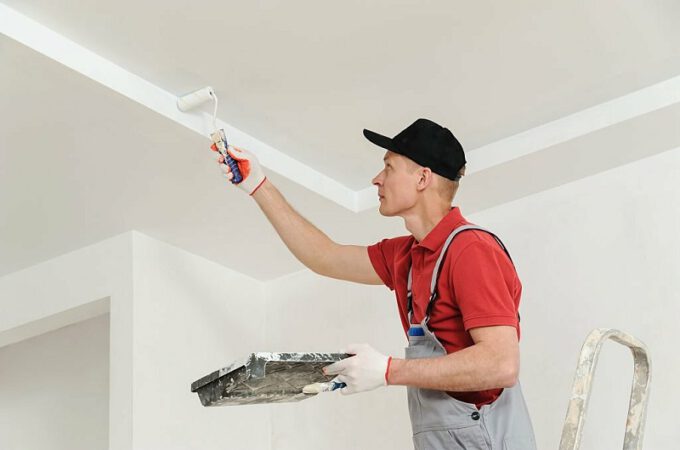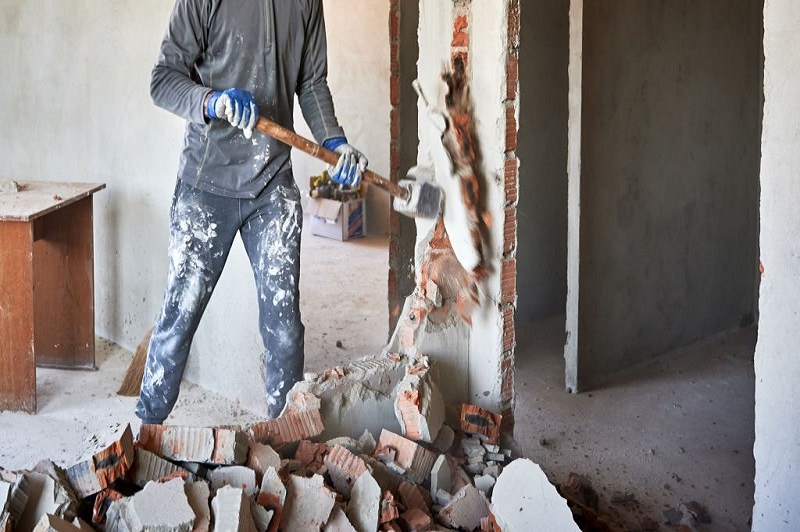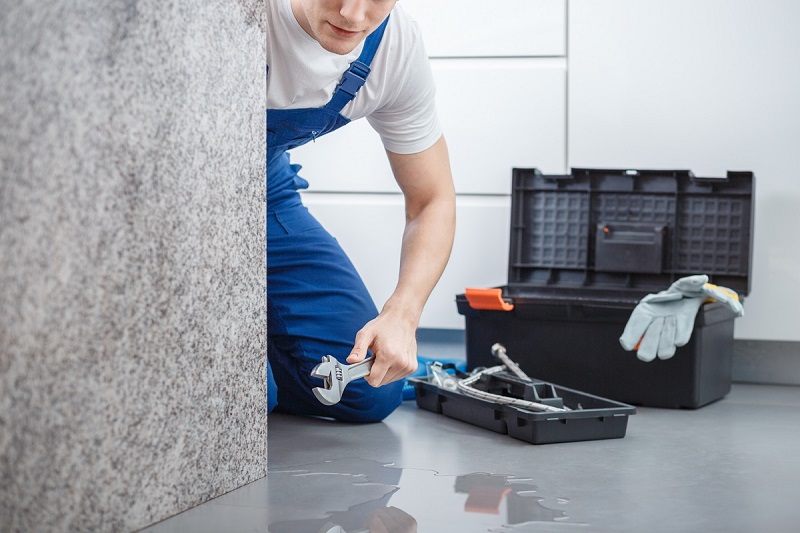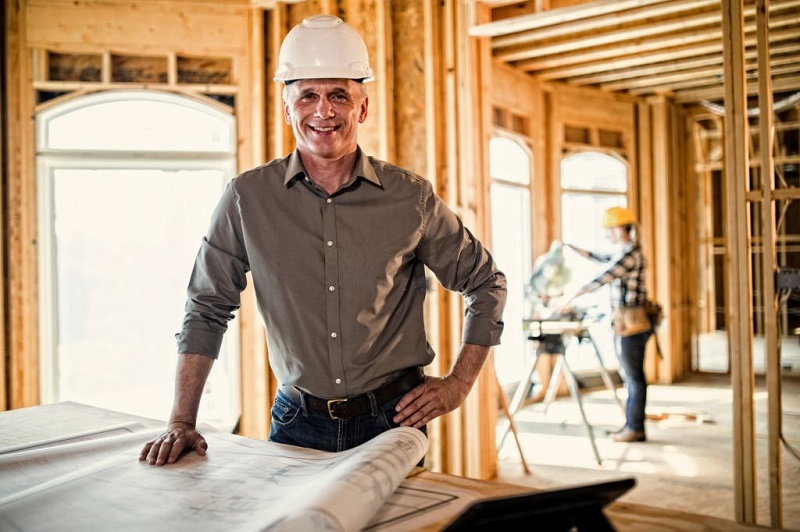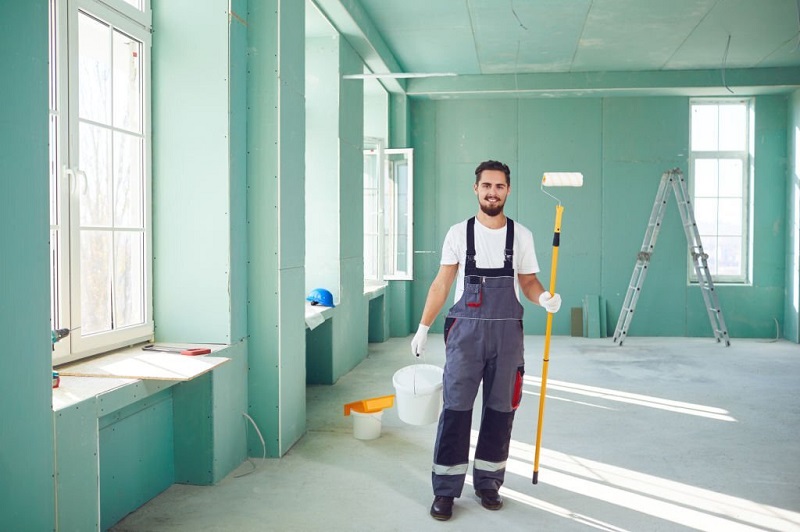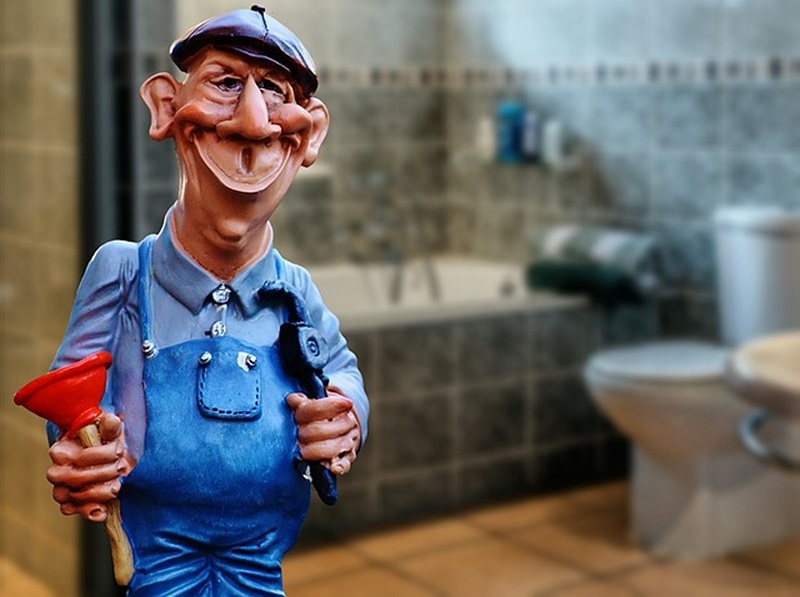
Taking Plumbing to the Next Professional Level
Plumbing is a civil engineering and technical aspect that one cannot undermine. Every housing project, commercial space requires an efficient plumbing system that can pump water methodically while being easy to maintain and aesthetically pleasing.
Hence, a plumber’s job profile is not limited to clearing a sink clog or fixing a pipe leakage. Maintenance forms a part of the responsibilities. If you become a licensed plumber in Australia, you will work on high profile construction and restoration projects what require arranging and organising the water pipelines running through the building. It involves knowledge, as well as practical expertise.
Introducing the types of plumbers
You will come across either a registered or a licensed plumber for your work. Registered plumbers complete an apprenticeship through a class-based course like Certificate III in Plumbing. It is the steppingstone to becoming a successful and master plumber.
Registered plumbers focus on different types of plumbing job, ultimately becoming a specialist. However, they will require to work under a supervisor or a licensed practitioner. With a license, plumbers improve their knowledge and practical experience, while legal bindings do not restrict their capabilities.
Know the different classes
As we have discussed, registered plumber focuses on a particular aspect of their work while having fundamental knowledge about others. Plumbing Regulations 2008 identifies eight plumbing classes to wrap your head around –
- Drainage
- Gas fitting
- Fire protection
- Mechanical service
- Roofing
- Sanitary
- Water Supply
Besides, you will find six other specialised classes –
- Type A Appliance Servicing work
- Type A Appliance Conversion work
- Type B Gas fitting work
- Type B Gas fitting Advanced work
- Refrigerated Air Conditioning work
- Backflow Prevention work
Each of the classes has its exclusive licenses. If you plan on mastering them and working on them, you will have to learn each one of them and get yourself certified for each one of them.
Working through the course
The processes of becoming a licensed plumber in Australia are mentioned below –
- Complete the apprenticeship.
- Clear the Certificate III in Plumbing examination
- Optionally, complete the CPC40912 Certificate IV in Plumbing and Services to develop the essential skills needed for a registration and license.
The course takes about 41 weeks, during which the candidates will undergo six training days. The assessment depends on performance in each workspace environment unit. Finally, you attempt and clear the state examination for license and registration, opening your plumbing career to new avenues.
The application process
Before you can submit your application to the VBA to become a licensed plumber, here is the eligibility criterion one needs to meet –
- Eligible to work in that specific plumbing class.
- Specific specialised classes require your registration in some classes beforehand.
- Successfully passed the VBA examination for the class.
- Covered by the appropriate amount of insurance.
For more details, you can access the VBA’s plumbing registration and licenses official page. The application process strictly abides by the protocol, so ensure you have the correct information ready. The board reviews your credentials, field experience, and education qualifications, following which they request more information or call for an interview.
Choosing a decisive career path
Plumbing, as a profession, has seen a steady rise in Australia over time. It is a stable career pathway if you choose to do so. Territories do not bind the duties of a plumber. Over the years, the number of projects from different cities from around the country require a licensed plumber’s services.
Conclusion
However, it is necessary to become a resident plumber before embarking on the journey. With more hands-on experience, you will be able to decide and choose the type of plumbing you want to become an expert of. With a license, you can showcase your expertise in a particular type of plumbing that you chose and let the industry take note. Remember that there will be no shortage of opportunities, and you can always expand your prospects by constantly learning and qualifying.

